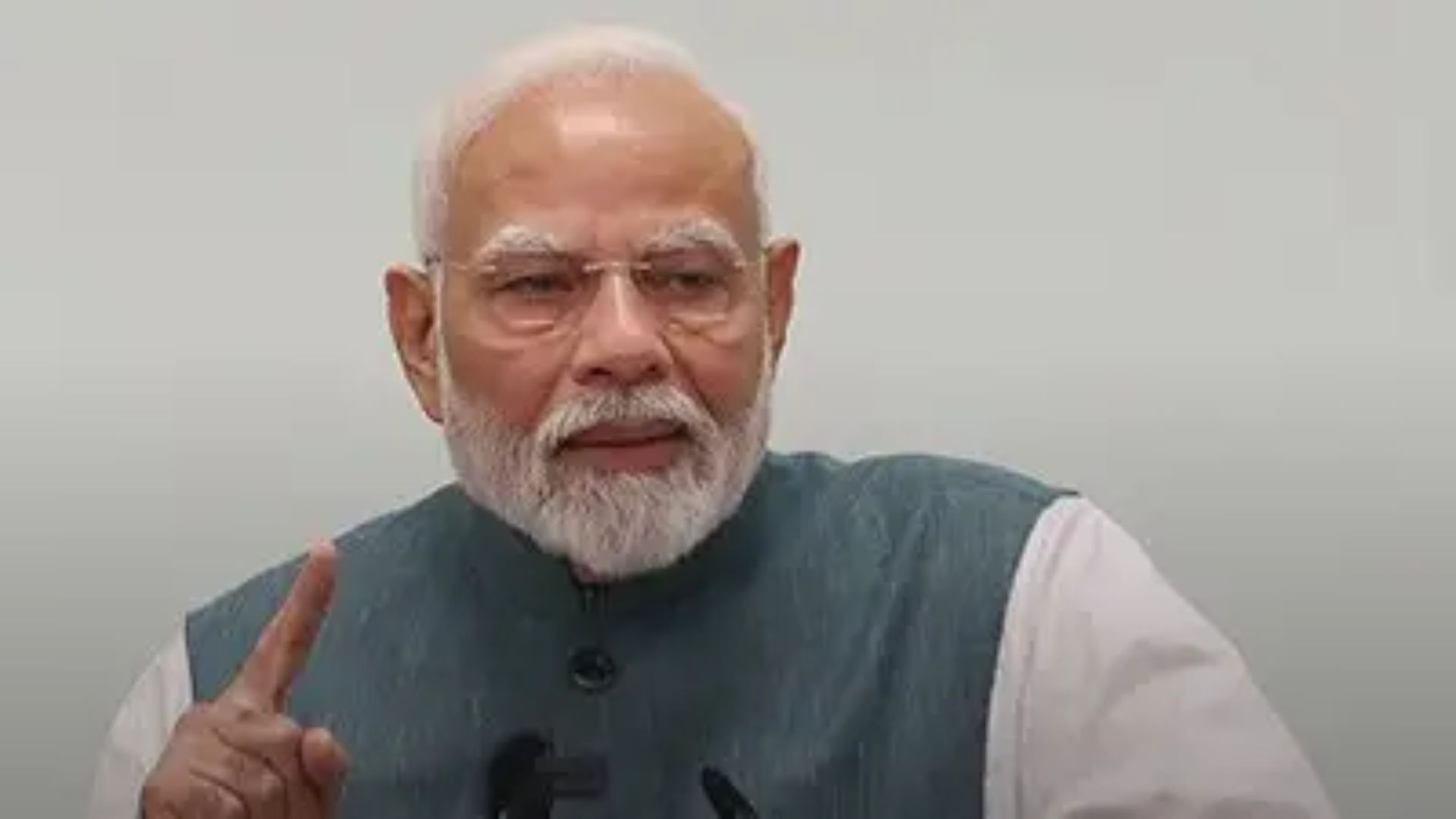In the 113th episode of his monthly radio address, ‘Mann Ki Baat,’ on Sunday, Prime Minister Narendra Modi praised the advancements in India’s space sector, highlighting how space sector reforms have greatly benefited the country’s youth.
PM Modi emphasized the significance of the recent celebration of National Space Day on August 23, stating, “A lot is happening in 21st-century India that is strengthening the foundation of a developed Bharat. For instance, on August 23, the entire nation celebrated the first National Space Day. Once again, the country rejoiced in the success of Chandrayaan-3. On this day last year, Chandrayaan-3 landed at the Shiv-Shakti point on the moon’s southern hemisphere, making India the first country to achieve this feat.”
He continued, “The youth of the country have also benefited significantly from the reforms in the space sector.”
During the address, PM Modi also interacted with the leaders of Galaxeye, a space-tech startup founded by alumni of IIT Madras. He inquired about how their technology would benefit the country.
Suyash, a member of Galaxeye, shared their journey, mentioning their participation in the “Hyperloop” project and being recognized as one of the top 20 teams out of 1,500 globally. “During our engineering studies, we worked on a project called ‘Hyperloop’. We formed a team named ‘Avishkar Hyperloop’ and took our idea to America. We were the only team from Asia to participate, and we proudly hoisted our national flag there, ranking among the top 20 teams out of around 1,500 worldwide,” Suyash said.
He praised the government’s decision to open up the space sector for privatization, noting, “Watching SpaceX and the PM’s decision to privatize the space sector was a landmark moment in 2020. We were very excited about this.”
PM Modi congratulated the team for their achievements, and they explained that their technology could see through clouds and operate at night, providing daily clear images of any location in India. “Our technology allows us to take a clear picture of any corner of the country every day. The data we gather will be used to develop two key areas: enhancing India’s security by monitoring borders, oceans, and enemy activities and providing intelligence to our armed forces, and empowering farmers by measuring water quality in shrimp ponds at a fraction of the current cost,” said one team member.
The Prime Minister asked about the precision of their technology, and the team responded that it offers resolutions of less than 50 cm, covering over 300 sq km at a time.
Another team member highlighted the positive impact of policies like the ‘Geo-Spatial Data Policy’ and ‘Indian Space Policy,’ noting that ISRO’s infrastructure and facilities have become more accessible to startups. “We can now easily test our hardware at ISRO, which has been very helpful for us and many other startups,” he explained.
PM Modi concluded by noting that reforms in a sector often lead to multiple benefits and opportunities, saying, “The country’s youth are now eager to explore their future in this field right here in India.”









